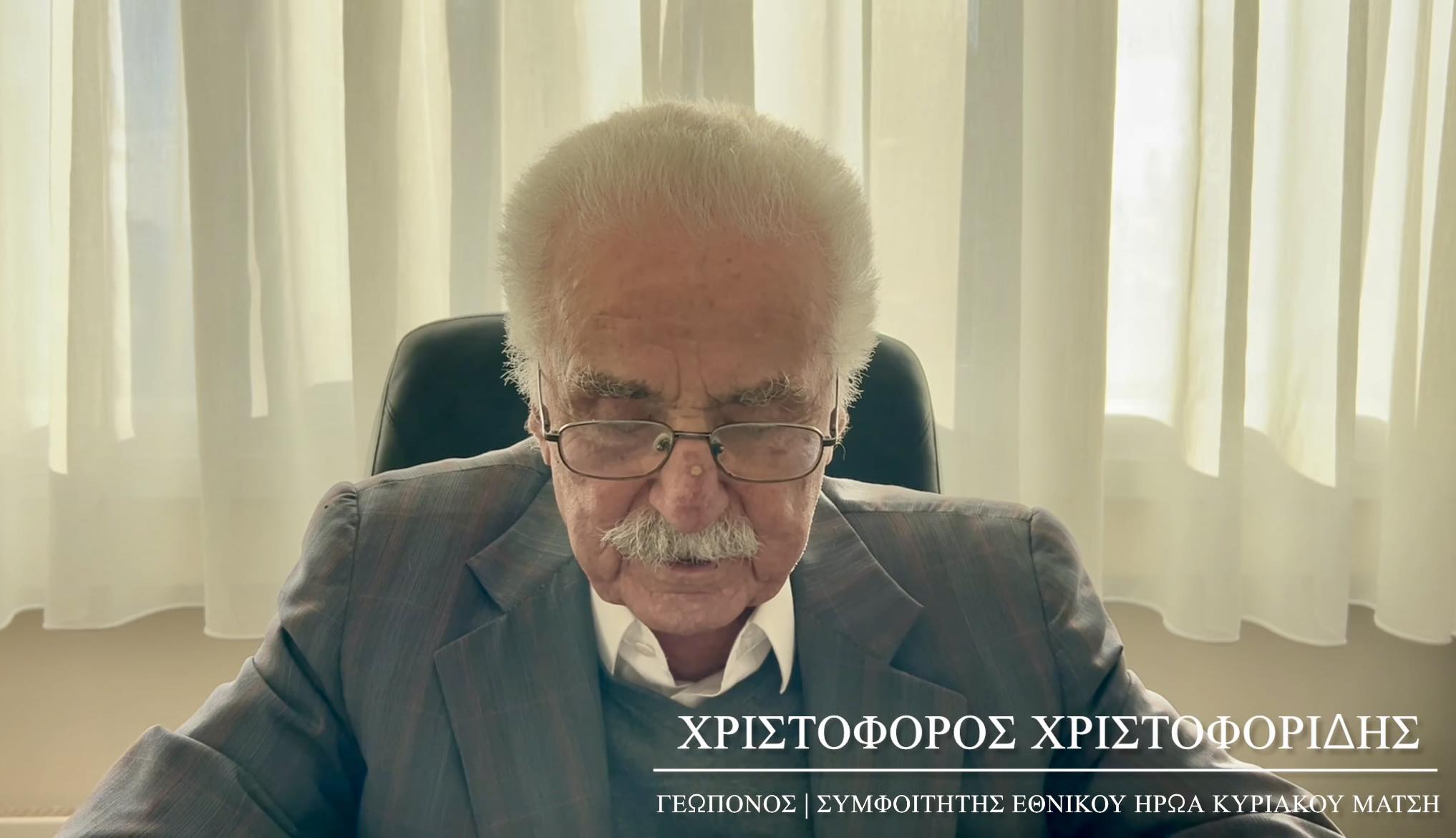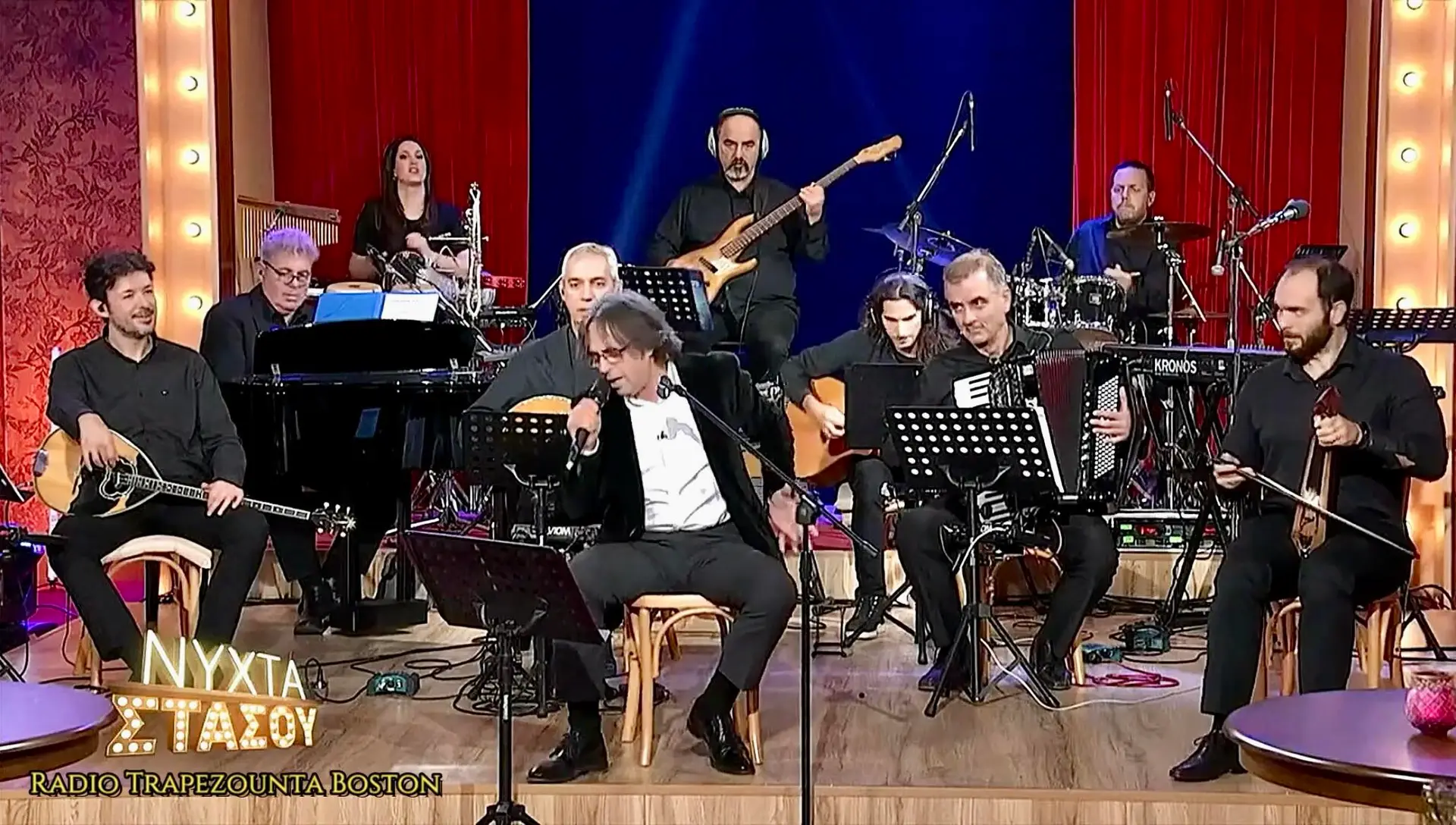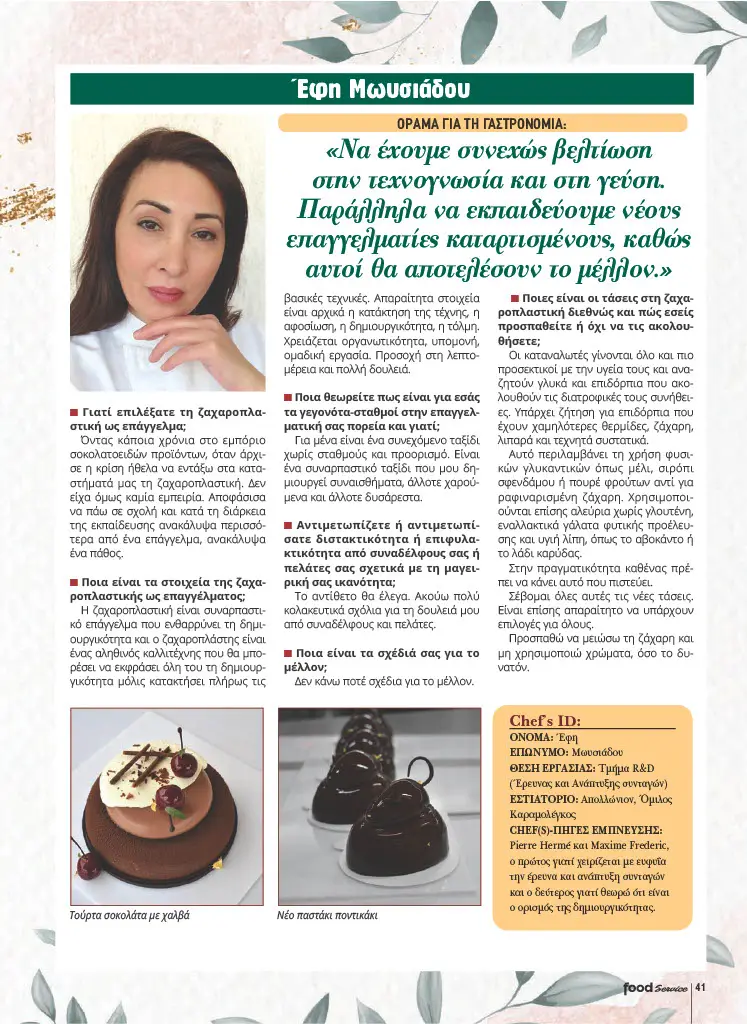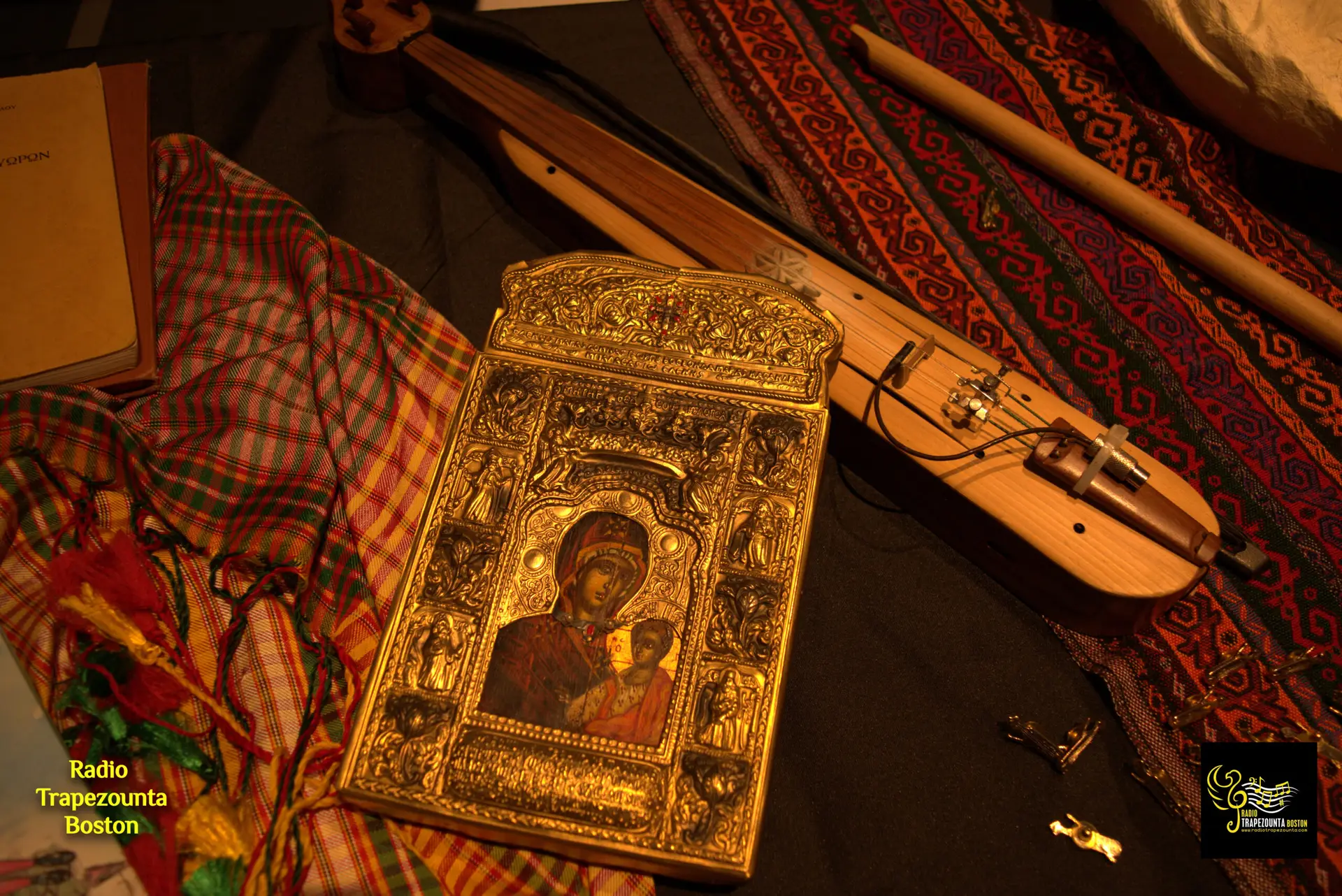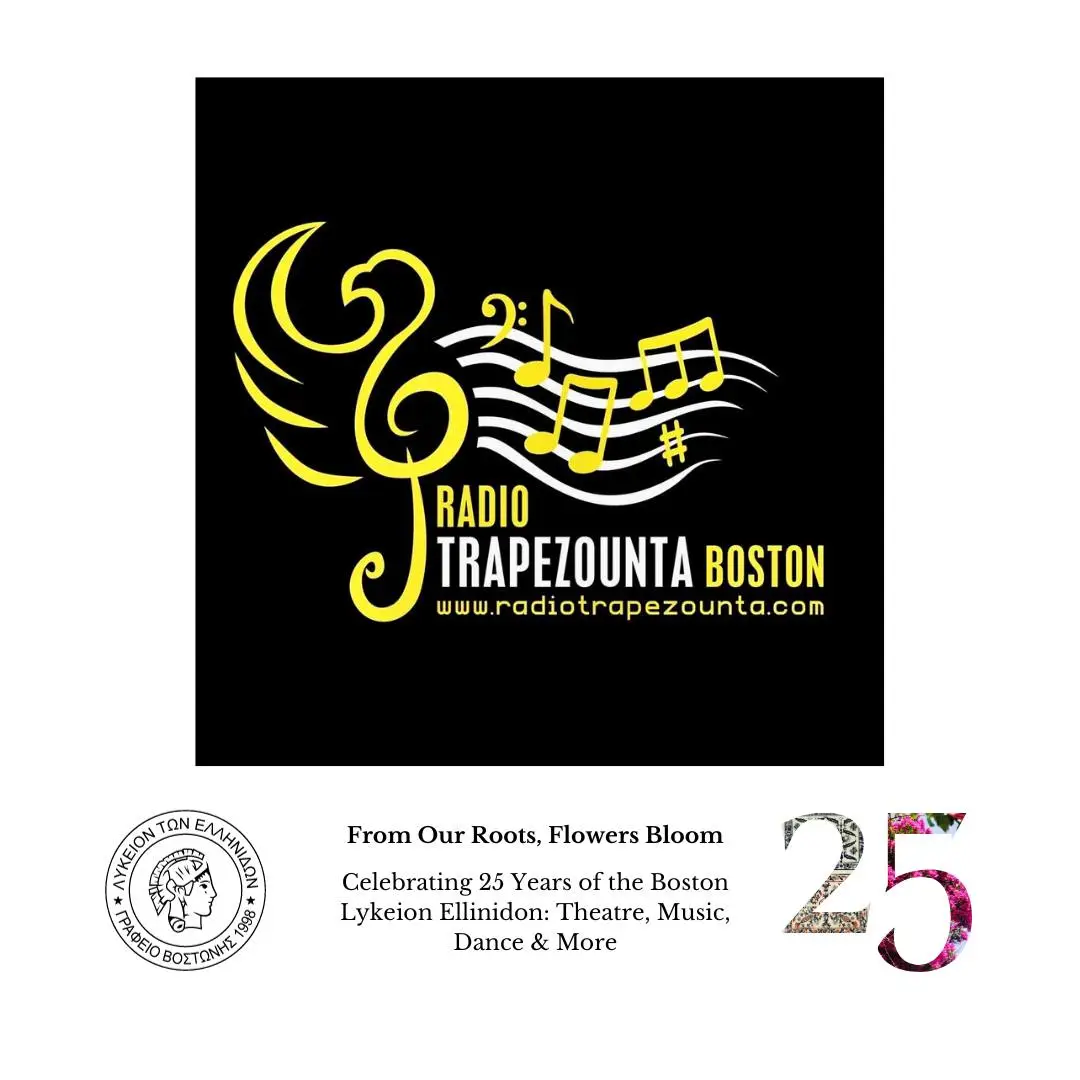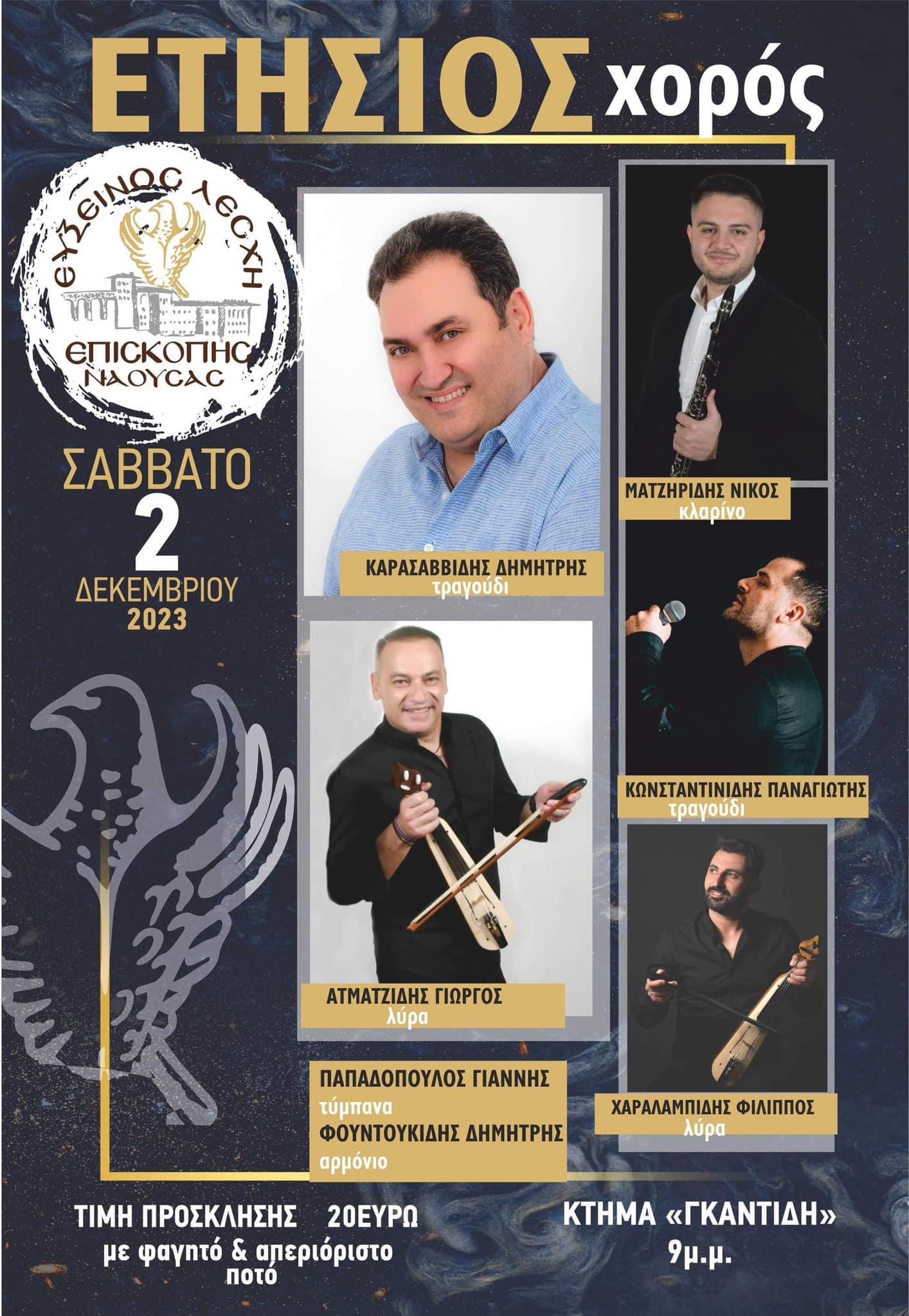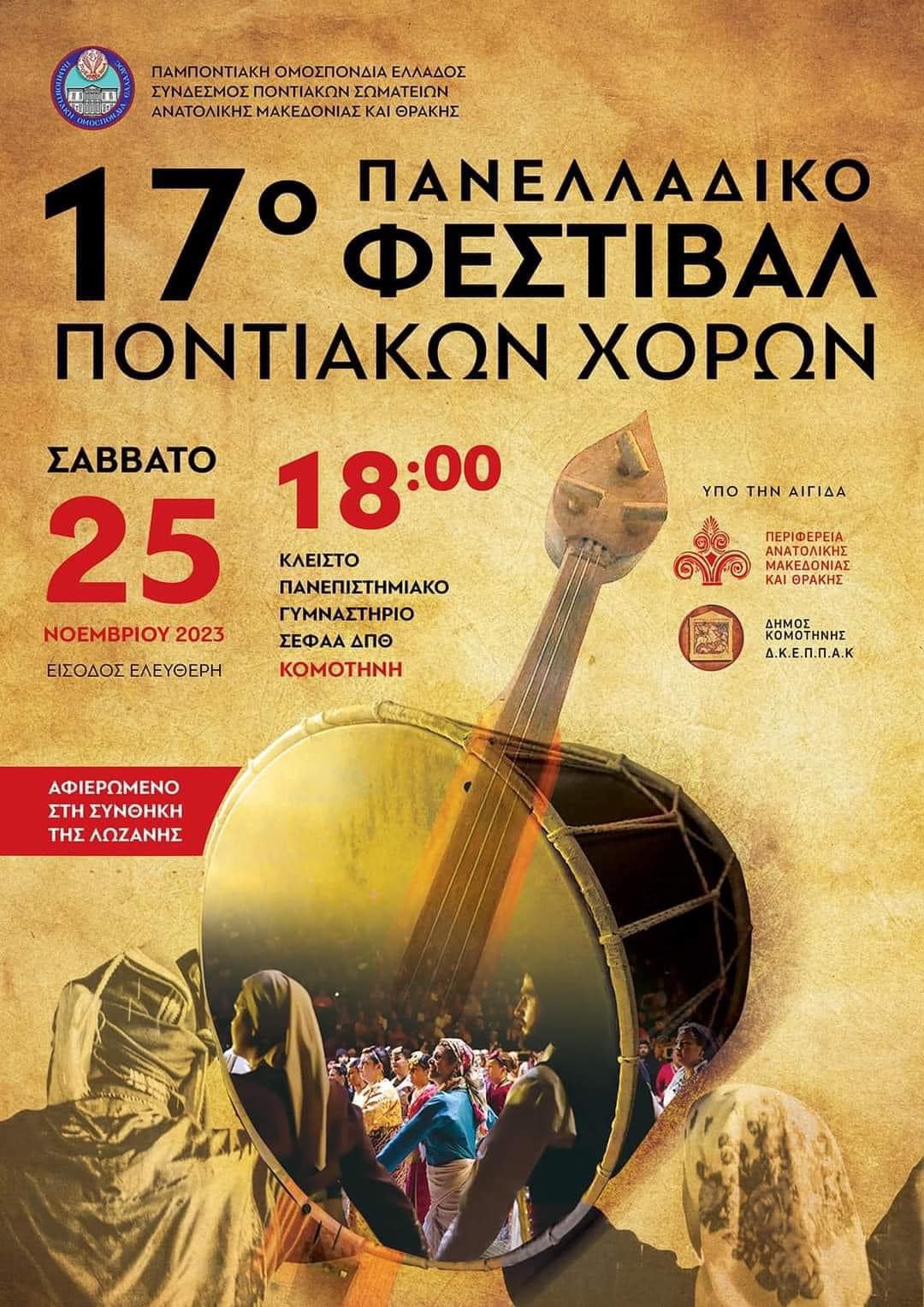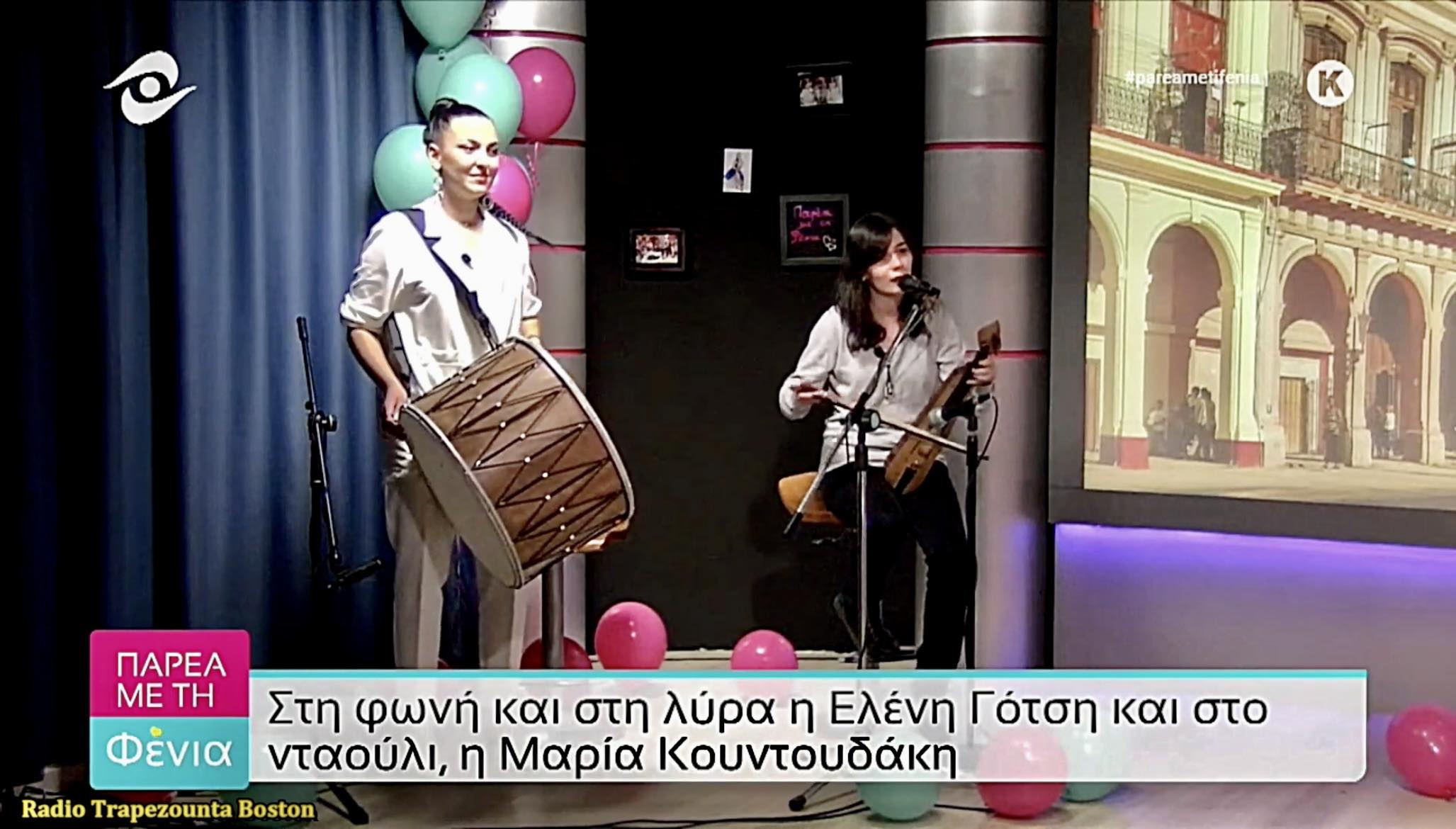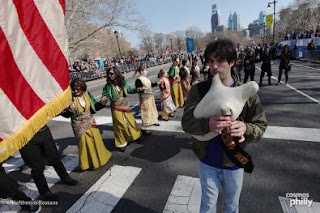Greek Bagpipes on the Parkway? (Cosmos Philly)
Greek Bagpipes on the Parkway?
by Elefterios Konstans
Originally posted on Cosmos Philly
Greek bagpipes played by Evangelos Poneres
In cities and towns across America, Independence day is memorialized with many traditions; including fireworks, a drum major, the street vender selling flags and of course a barrage of kilt cover men in green, captivating us with sounds of Scottish bagpipes.
This Sunday, at the Greek Independence day parade (Philadelphia’s Ben Franklin Parkway) , the sound of bagpipes will again soar, but this time, they won’t be from the Scottish highlands in the West, , but from the East; from the Highlands of “Pontos” in Eastern Turkey, where ancient Greeks popularized their own unique sound.
Greek Independence day will be celebrated in Blue and White; with children dressed as traditional “Tsoliades” and with the Greek national anthem. It is a day to remember and recognize our freedom and liberation from under the Ottoman yoke. More than 30 churches, schools and community organizations from across the Delaware Valley will take part in this historic day.
One of those organizations, “THE AKRITAI (Pontian Greek/Black Sea) of PHILADELPHIA” which is the oldest organization of it’s kind in North America, will again be part of the parade. When they reach the grand stand and bleacher covered crowed, the sounds of the Pontian Greek bagpipes, or as they’re known amongst Greeks- Tolum or (” Aggilio”/Greek name), will fill the air with the sounds of another homeland-Pontos. A 3000 year old homeland lost during the formation of the new state,Turkey in 1923 and one, only a few outsiders are familiar with today.
Most of us, think of the Bouzouki when we think of Greek music. But the modern day Bouzouki didn’t arrive in Greece until the early 1900′s from Asia Minor (present day Turkey). The Aggio (known in popular Greek culture as: Tolum) has been synonymous with Hellenism historically, but faded in popularity until recently, says Nikos Michailidis (Phd. candidate in Anthropology, Princeton University). In fact, the Aggio, is currently experiencing a revival in Greece and in Pontian culture. There appears to be a return to tradition and to peoples historic roots, added Michailidis.
Along with it’s popular and well recognized counterpart, the Lyra, the two are part of a culture that traces its roots back some 3000 years in to the Pontos region. There, it spread as a popular ancient instrument through out the region and has been embraced by many cultures.
Made of goats skin and played at social gatherings and formal affairs, you can here this instrument played this Sunday on the parkway when the Akritai march down the parkway. Or, you can mingle and feel listen to the sounds of the Ancient Greeks this Saturday evening, at a social gathering called a “Mouhabet” (Greek: Parakath) at the Pontian/Black Sea club house in the heart of the historic Greek community, Upper Darby.
For more information:
Pontian Society Akritai
Upper Darby, PA
6456 Market Street, Upper Darby, PA 19082, United States
Delaware County, PA
Pontian Society Akritai
Upper Darby, PA
6456 Market Street, Upper Darby, PA 19082, United States
Delaware County, PA
610-352-3525
Club
Club
By: Eleftherios Kostans
Originally posted on Cosmos Philly

